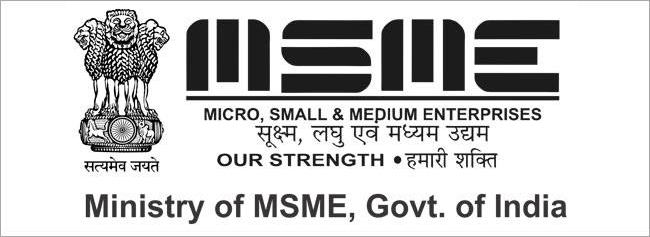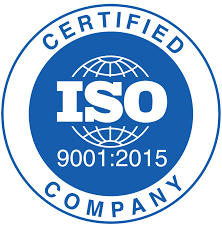RBI RISK BASED INSPECTION
Chapter I
What is RBI Risk Based Inspection?
- Strategic, systematic process for identifying risk and managing risk and its associated costs
- Integrated, data-based methodology that factors risk into inspection decision making
- Includes likelihood of failure (LOF) and consequence of failure (COF)
- Includes both qualitative and quantitative analysis
- Prioritizes relative and/or absolute risk
- Identifies areas requiring risk mitigation
Approaches to RBI Risk Based Inspection
- There are many different types of RBI analysis
Proposed API Recommended Practice 580
- Status – Currently in final balloting stage
- Focus of this Course
ASME Inspection Planning Standard
- Major focus is on nuclear and fossil power generation
Integration of API Practices
- API RP 580, Risk Based Inspection is integrated with other practices
- API Code 510, Pressure Vessels
- API Code 570, Piping
- API Standard 653, Storage Tanks
- API RP 579 Fitness-for-Service
- API RP 750 Management of Process Hazards
- API RP 571–577, Inspection of Equipment Types
- API RP 578, Positive Materials Identification
- Proprietary commercial methods
- Owner-User methods
Purpose of RBI Risk Based Inspection
- Risk Based Inspection is a methodology of basic elements which is expected to provide a linkage of risks with appropriate inspection or other risk mitigations activities to manage the risks.
Scope of RBI Risk Based Inspection
- The risk management principles and concepts that RBI is built on are universally applicable
- RBI, as will be discussed, is targeted for the hydrocarbon industry
- Petroleum
- Gas
- Chemicals
- Petrochemicals RBI principles will work in any industry exposed to risk
- Other Aspects of Scope
- Flexibility in Application
- Mechanical Integrity Focus
- Equipment Covered & Not Covered
Flexibility in Application of RBI Risk Based Inspection
- Flexibility addresses:
- Diversity of Organizational Size and Culture
- Regulatory Requirements
- Corporate Risk Management Practices
- Unique Local Circumstances
- Other Aspects
- Attributes of a Quality Risk Assessment Program
- Imposition of Undue Constraints on Users
- Provides Consistency
Mechanical Integrity Focus of RBI Risk Based Inspection
- RBI process is focused on maintaining the mechanical integrity of pressure equipment and minimize risk of loss of containment
- RBI Complements
- Fitness-for-Service of RBI Risk Based Inspection
- Management of acceptable risk and mitigation of risk
- Process Hazard Analysis
- Inspection relates to deterioration mechanisms
- Reliability Centered Maintenance
- Both focus on understanding failure modes
Scope of Equipment in RBI Risk Based Inspection
- Covered Equipment
- Pressure Vessels
- Process Piping
- Heat Exchangers
- Heaters and Boilers
- Storage Tanks
- Rotating Equipment
- Pressure boundary
- Pressure Relief Devices
- Excluded Equipment
- Instrumentation
- Control Systems
- Electrical Systems
- Structural Systems
- Machinery Components
Implementation by API
- API Code 510, Pressure Vessels
- API Code 570, Piping
- API Standard 653, Storage Tanks
- API RP 579 Fitness-for-Service
- API RP 750 Management of Process Hazards
- API RP 571–577, Inspection of Equipment Types
- API RP 578, Positive Materials Identification
- API Publ. 581, API RBI Methodology/Software
API RP 580 RBI Risk Based Inspection and Publ. 581 Differences
- API RP 580 RBI Risk Based Inspection
- Outlines conceptual approaches and necessary elements to be included in a quality RBI effort
- Inclusive of several approaches to RBI available for numerous sources
- API Publication 581
- Outlines the specific RBI methodology developed by the API RBI sponsor group
- It is one step-by-step approach to RBI that contains all the necessary elements to satisfy RP 580
Comparison of API and ASME Risk Based Inspection Practices
- No philosophical differences
- Differences in documents
- Differences in scope and goals
- ASME project aims at developing guidelines for inspection
- API project intended to develop usable tools and methodologies for the plant level
- API project builds on ASME methods but with appropriate simplification
Process Hazard Analysis (PHA) Linkage
- PHA + RBI =Total Process and Mechanical Integrity Hazards Analysis Associated with Operating Plants
Reliability Centered Maintenance (RCM) Linkage
- RCM + RBI =Total Reliability and Pressure Integrity Analysis for Functional Breakdown and Leak/Rupture



